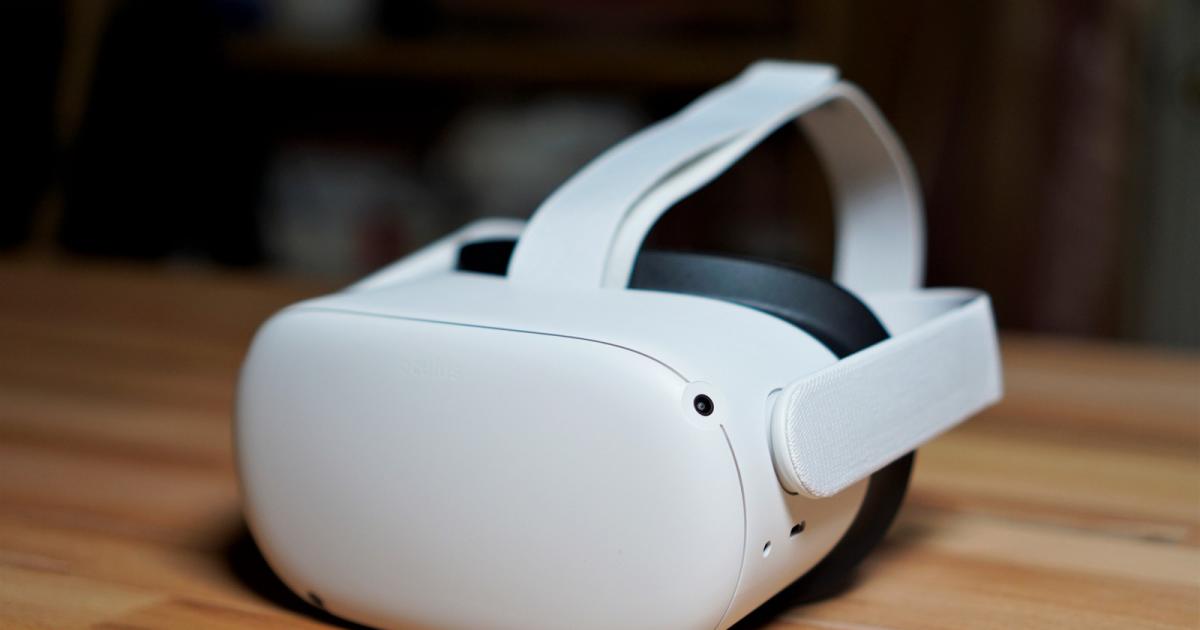
Meta is expanding the audience for Quest headsets by welcoming preteens to join. The Facebook owner is reducing the age requirement for Quest 2 and 3 accounts from 13 to 10, expected later this year, by introducing parent-managed accounts. Children will need their parents’ approval to create accounts, download apps, and restrict access to existing software. Parents will also have the ability to set time limits.
The company is committed to implementing strict privacy controls. Meta will offer “age-appropriate” experiences in its app store, such as tailored recommendations if parents provide their child’s age. However, it will not display ads to children, and parents will have the option to decide whether data is used to enhance the experience. Meta Horizon profiles for these younger users will be private by default and require approval for followers and active status updates. However, users must still be 13 or older to access Horizon Worlds.
Meta presents this as a great advantage for education. It will provide kids with virtual science lessons and a wide range of educational games. Most educational titles in the store have an age rating of 10 and above, so there will be no shortage of content.
Ensuring a trouble-free launch is another matter altogether. Meta’s policies are theoretically in compliance with COPPA (Children’s Online Privacy Protection Act), which prohibits the collection of personal data from children under 13 without parental consent. However, sources like The New York Times claim that Meta is already engaging with regulators to discuss its plans. Safety concerns also arise, especially considering that VR apps, particularly social ones, are sometimes prone to creeps, harassment, and other forms of abuse. Meta cannot completely protect young users from what happens within third-party apps.
Additionally, the question arises of whether it is healthy for children to use VR headsets in the first place. As Duke University optometrist Dr. Nathan Cheung explains to ZDNet, these wearables can cause eye and neck strain, which may be particularly problematic for children with smaller bodies and developing eyes. Furthermore, the effect of VR on depth perception and focusing has not been definitively researched. While the technology is not definitively dangerous for kids, its safety cannot be guaranteed either.
All products recommended by Engadget are selected by our editorial team, independent of our parent company. Some of our stories include affiliate links. If you buy something through one of these links, we may earn an affiliate commission. All prices are correct at the time of publishing.
Denial of responsibility! SamacharCentrl is an automatic aggregator of Global media. In each content, the hyperlink to the primary source is specified. All trademarks belong to their rightful owners, and all materials to their authors. For any complaint, please reach us at – [email protected]. We will take necessary action within 24 hours.

Deepak Sen is a tech enthusiast who covers the latest technological innovations, from AI to consumer gadgets. His articles provide readers with a glimpse into the ever-evolving world of technology.

